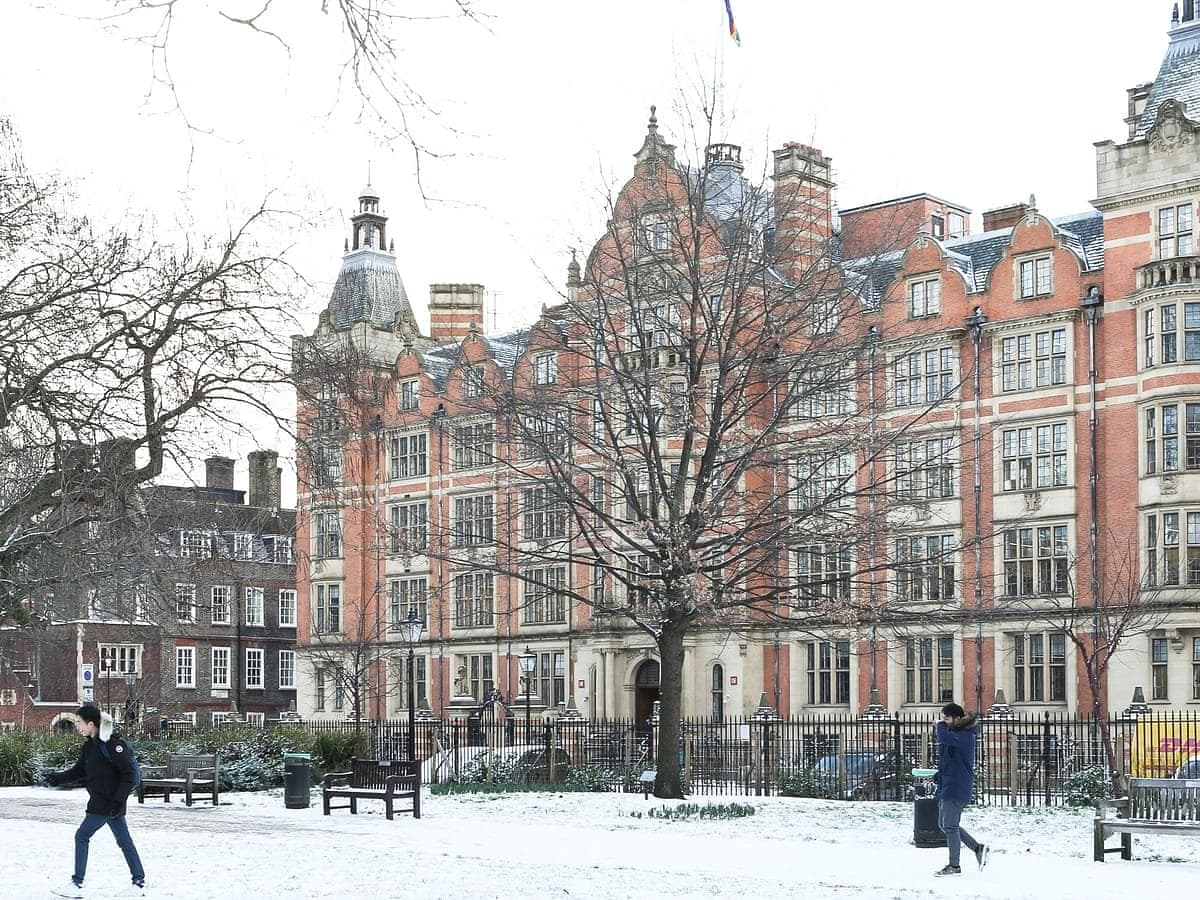BSc Politics and Economics
London School of EconomicsLondon, United Kingdom
- Tuition Fee £ 23,330
- Country Rank-
- Duration36 Months
- Score IELTS: 7 TOEFL: 100
Program Overview
Politics, as other sectors of society, is undergoing a rapid digital transformation. An increasing proportion of our lives is spent online, using digital and social media platforms, where politics is discussed, and information is shared. Data about citizens and organisations are produced in real-time, stored and linked on an ever-larger scale; digital algorithms are created that increasingly affect citizens’ social, political and economics lives, and big data are analysed to better understand attitudinal and behavioural patterns. New powerful actors such as digital media companies are shaping this space, and regulators are trying to catch-up with digital innovations and their potential impacts on democratic processes such as elections and referendums. The development of cutting-edge data science methods and statistical programming languages that allow governments, businesses and researchers to turn information included in speech, text, video and movements into data, and efficiently analyse these large datasets have emerged alongside these transformations. Data science can be used for good, allowing governments, political organisations, and other actors to make better and more efficient policy decisions, but it can also be used for authoritarian purposes, such as surveillance and interference in democratic decision-making.
The new joint honours BSc programme in Politics and Data Science combines rigorous training in political science with a good understanding of applied data science methods, and an acquisition of the statistical and programming skills necessary to apply these methods to political data. The programme also allows students to study the politics of big data, social media and data science. How does the use of data transform politics? How do campaigns and governments use data? Should digital media companies be regulated, and if so, how? Which institutions are best placed to do so? Which are the ethical and privacy concerns associated with big data collection and analysis? How have different countries addressed these challenges?
Part of the curriculum is a unique third year capstone project in data science and civic engagement, where students work with civic partner organisations to apply data science methodologies to a question of practical importance in the political or social world. Capstone partner organisations include advocacy groups, NGOs, thinktanks, public sector bodies, local governments, international organisations, or private companies where projects involve the social good.
BSc Politics and Data Science graduates will embark on a variety of careers. These include careers in the civil service, government and international organisations, with digital media firms, both on the data science and the political side of the operation, with regulators such as Ofcom, and organisations in the growing field of data journalism (e.g. FiveThirtyEight, Vox, Upshot, Guardian Data). Students oriented toward careers in political data analytics (political parties, campaigns, and NGOs) and in the private sector (e.g. political risk analysis and forecasting) will also find this programme appealing. Due to LSE’s location in the heart of London, BSc students will be surrounded by government, digital media companies, journalism, and the business sector.
Cost Of Studying At London School of Economics
Interest rates as low as 8.9% *
250K+
Students Assisted
800Cr+
Loan Amount Disbursed
5000+
Loans Sanctioned
